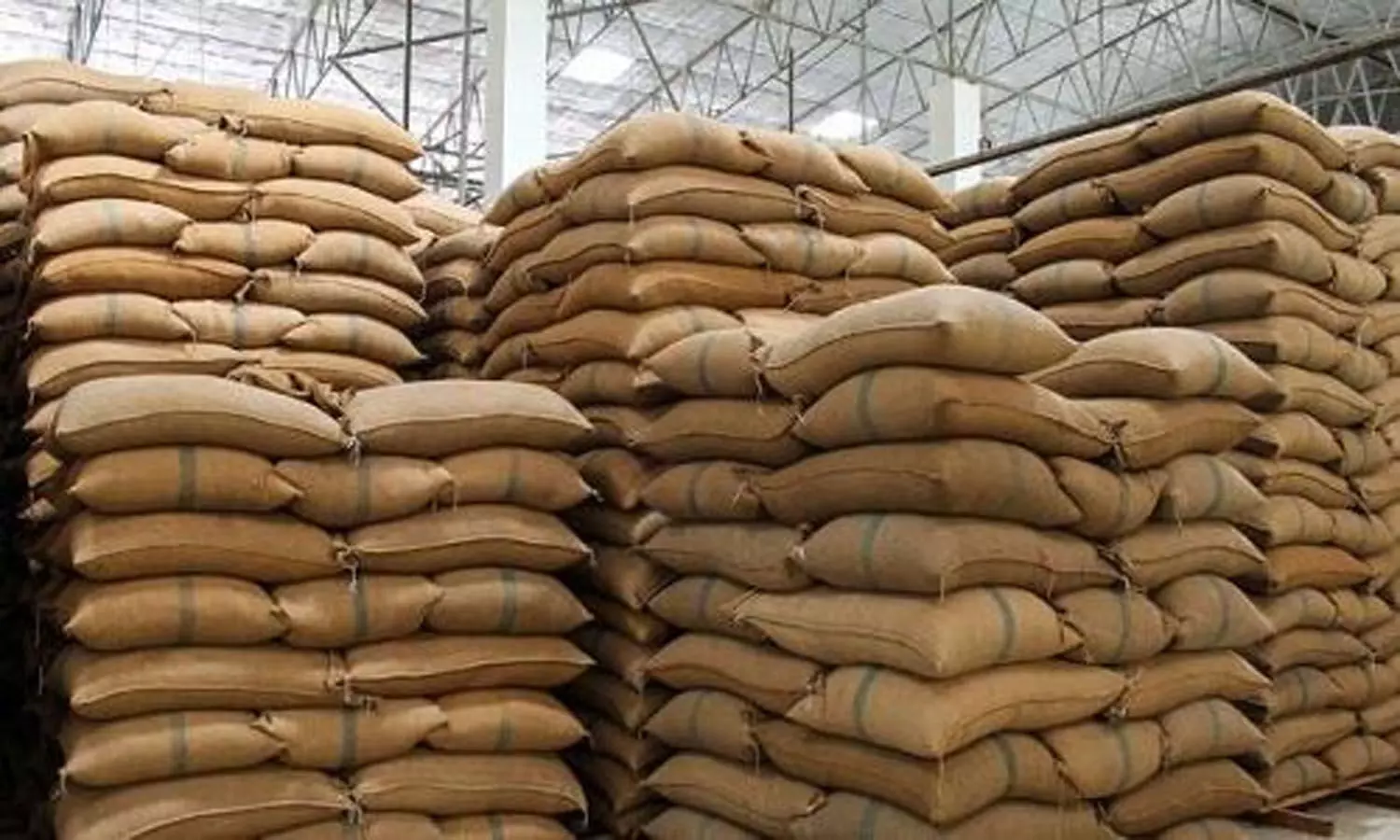Why non-Basmati rice export banned?
The USDA in its World Agriculture Supply and Demand Report lauded India’s dominance in the world rice trade arena and said that India would break its earlier record of 22.5 million metric tonnes of exports

HYDERABAD: It was only in March 2023 the US Department of Agriculture (USDA) in its World Agriculture Supply and Demand Report lauded India’s dominance in the world rice trade arena and said that India would break its earlier record of 22.5 million metric tonnes of exports in the current fiscal.
However, a month into the commencement of the Kharif season the country announced a ban on the export of non-Basmati rice varieties which account for 50 percent of its total exports. India’s exports account for 40 percent of global rice, triggering fear of worldwide inflation with its decision to ban the export of staple varieties of rice.
In April the Union Minister for Food and Public Distribution Piyush Goyal exuded confidence that the paddy procurement was well within the target and the country would be able to build enough stocks as additional paddy would be procured during the second cropping season.
A poll-time precaution
The Narendra Modi Government which was allaying fears of spiraling food prices finally accepted the fact and banned Wheat exports last year, followed by a cap on Sugar exports and now a ban on the export of the affordable and staple Rice varieties, probably keeping in mind the ensuing general elections.
Spiralling retail prices
Last week, the Union Government imposed a ban on the export of non-basmati white rice citing the reason of spiralling retail prices in the wake of heavy monsoon rains damaging rice nurseries across the nation. Rains in the northern States of India, particularly Punjab and Haryana said to have forced the Government to rejig its earlier decision.
Revising its earlier crop estimates, the Government decided to protect and stabilise the domestic market than taking the risk of igniting inflation already caused by the Russia-Ukraine conflict.
The food ministry’s statement read: "In order to ensure adequate availability of non-basmati white rice in the Indian market and to allay the rise in prices in the domestic market, the government of India has amended the export policy."
The Ministry noticed an 11.5 percent increase in retail prices over the past 12 months and 3 percent in just one month. While the non-basmati white and broken rice were banned for export, parboiled rice staple for Keralites was not included in the ban.



